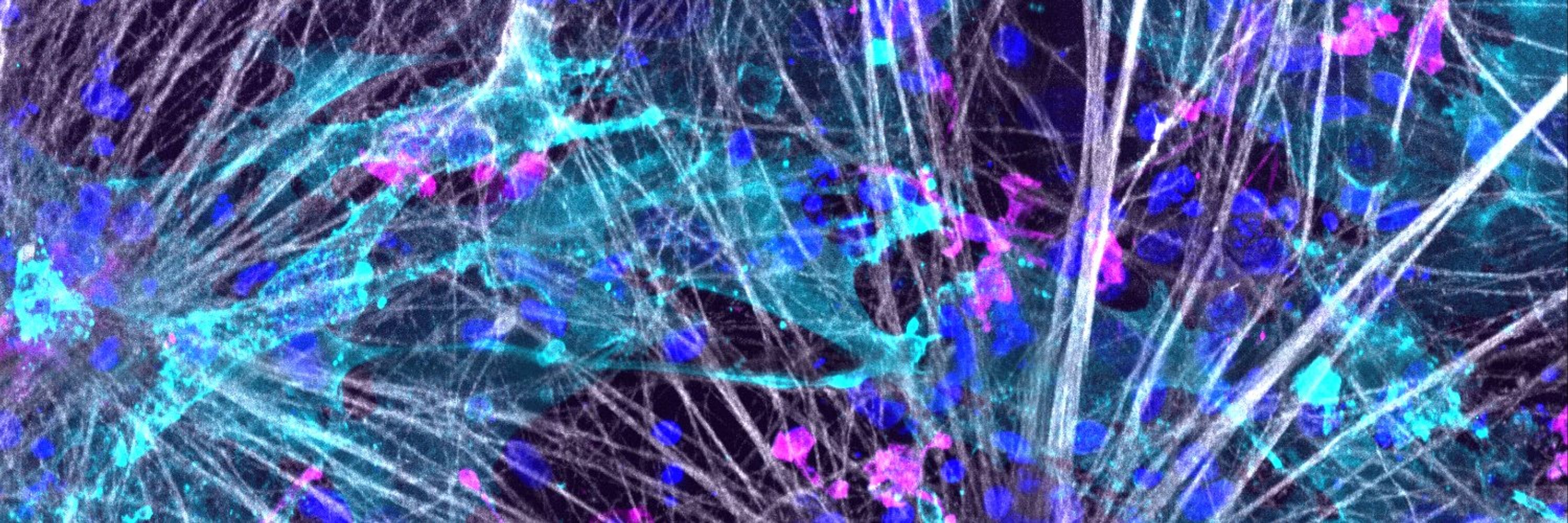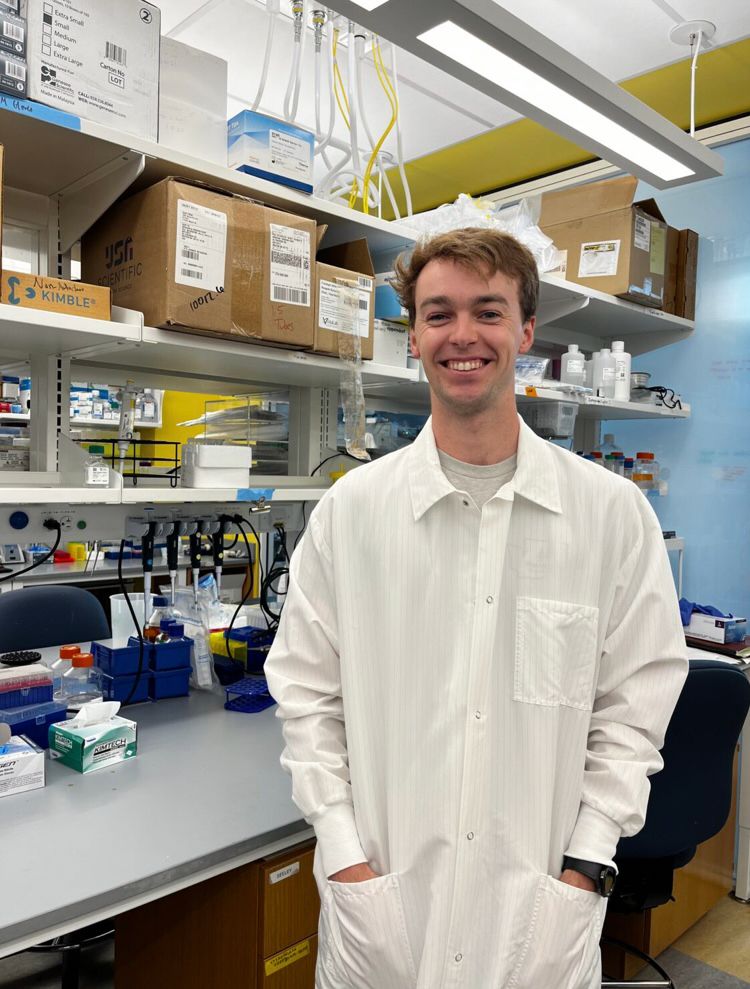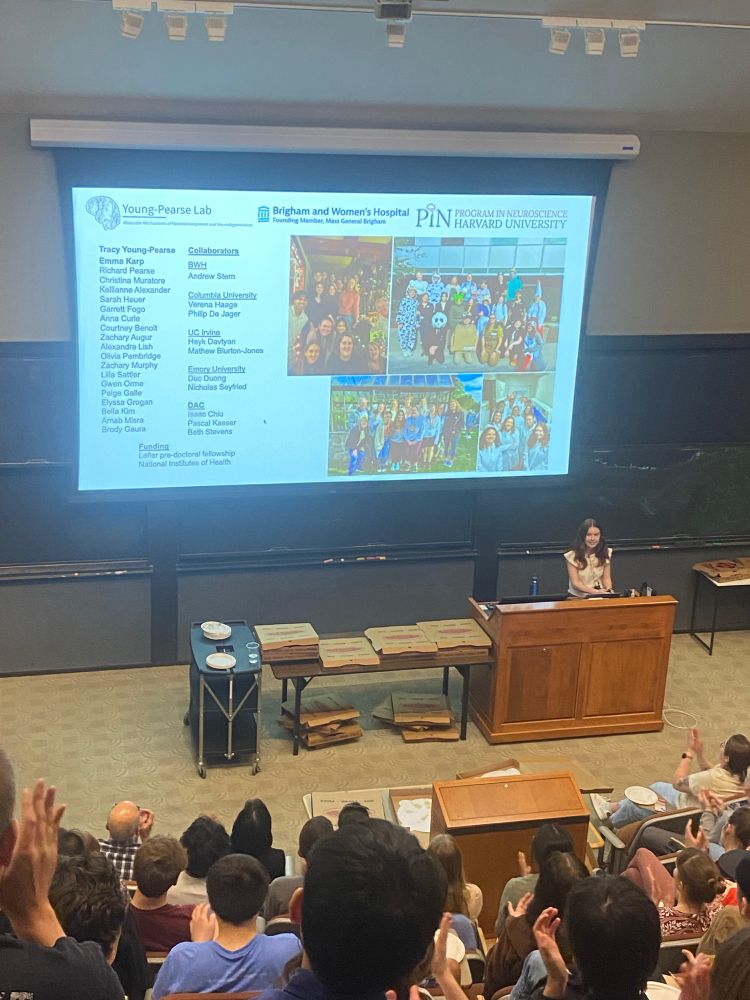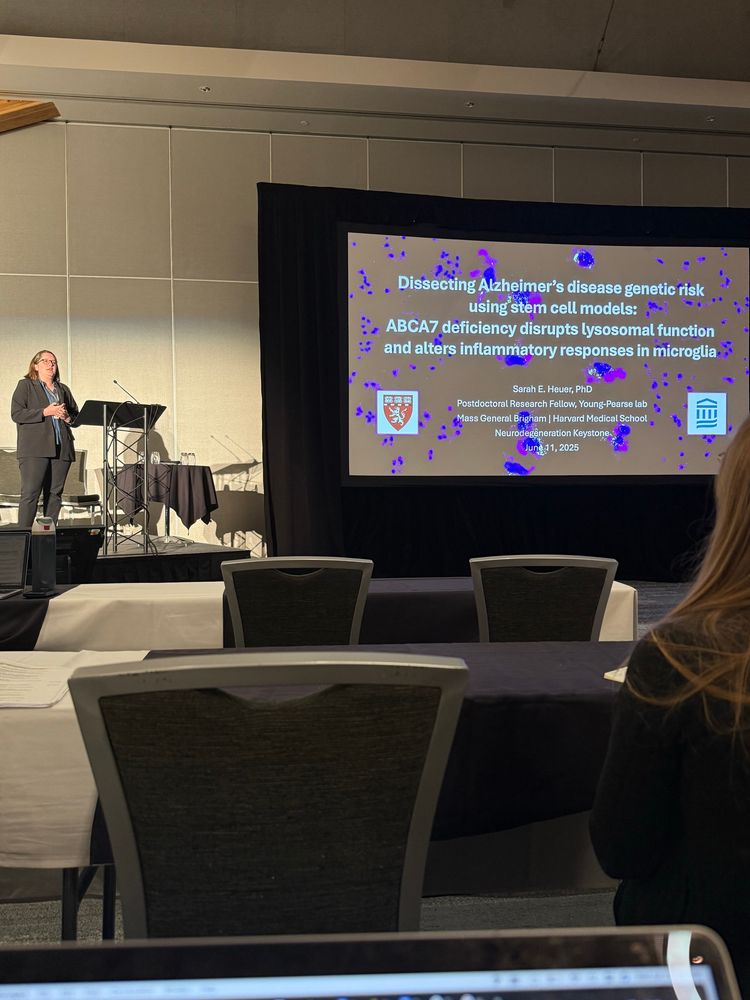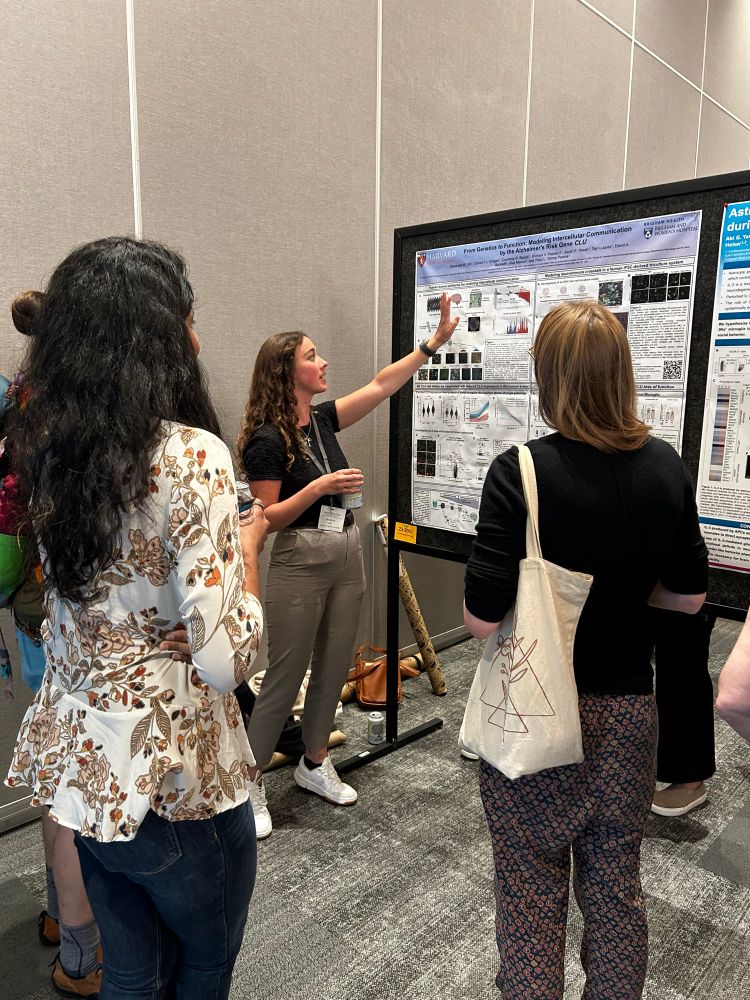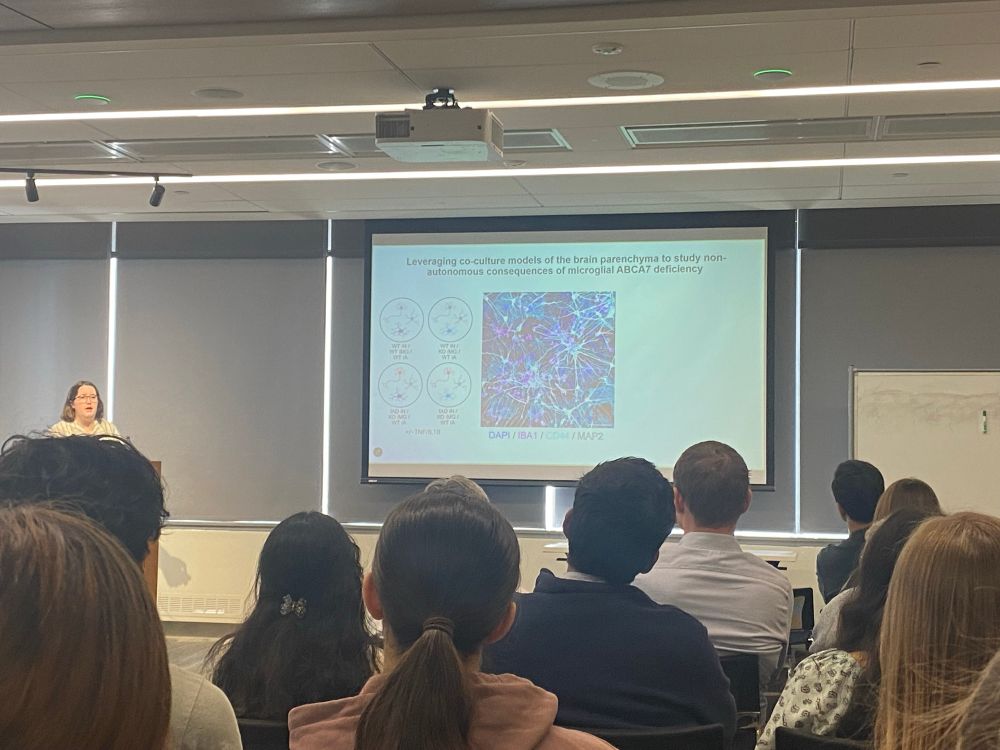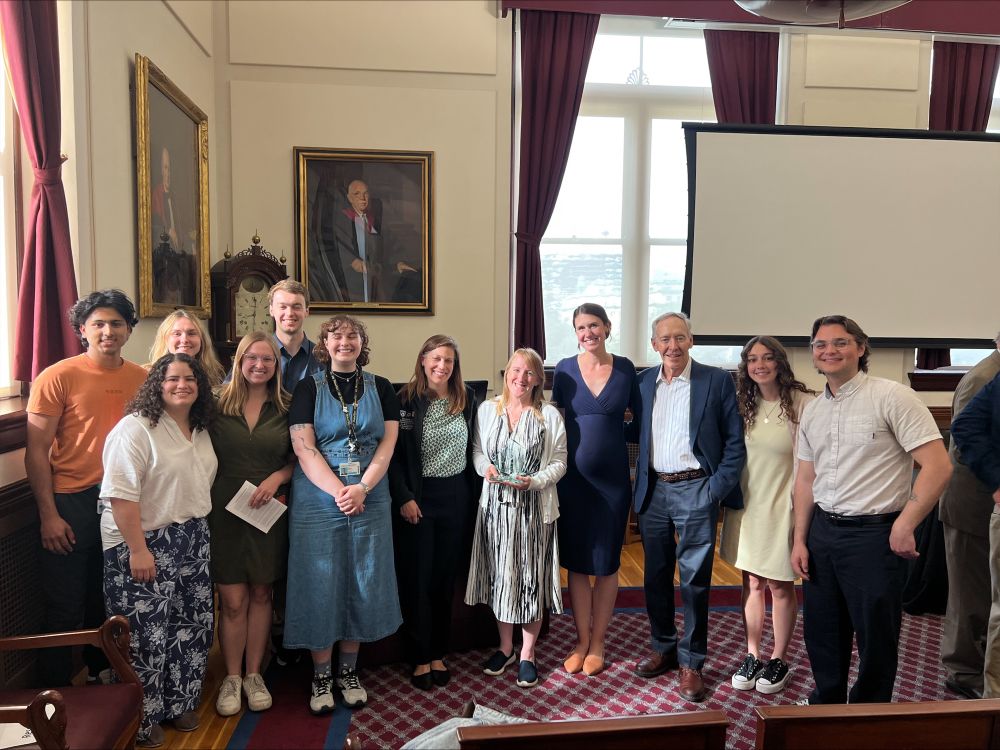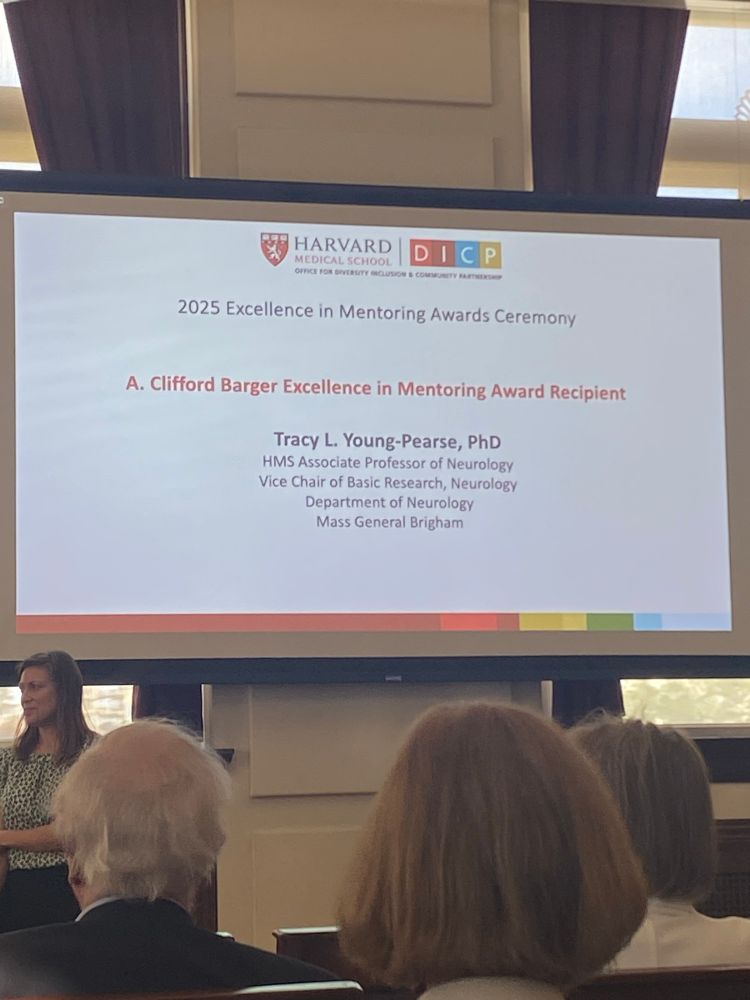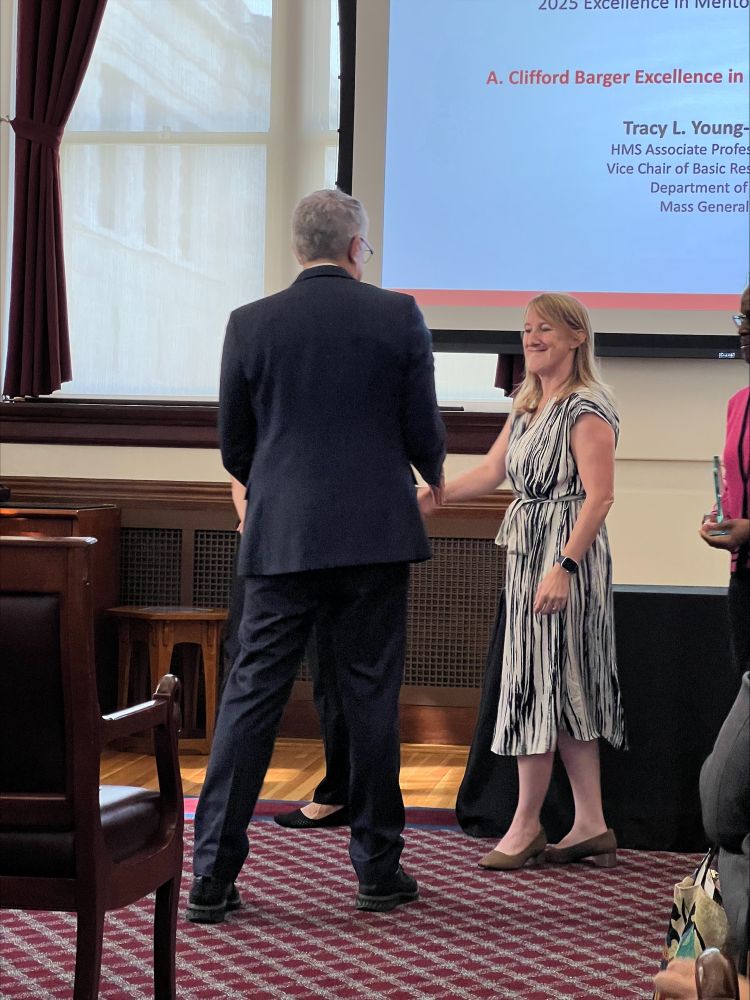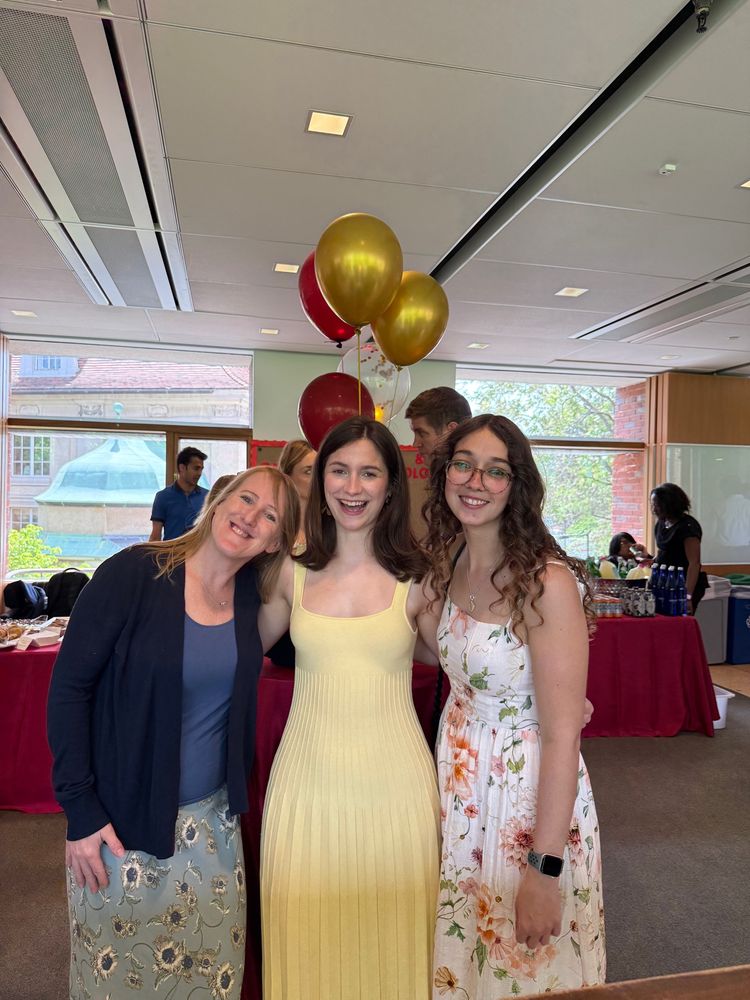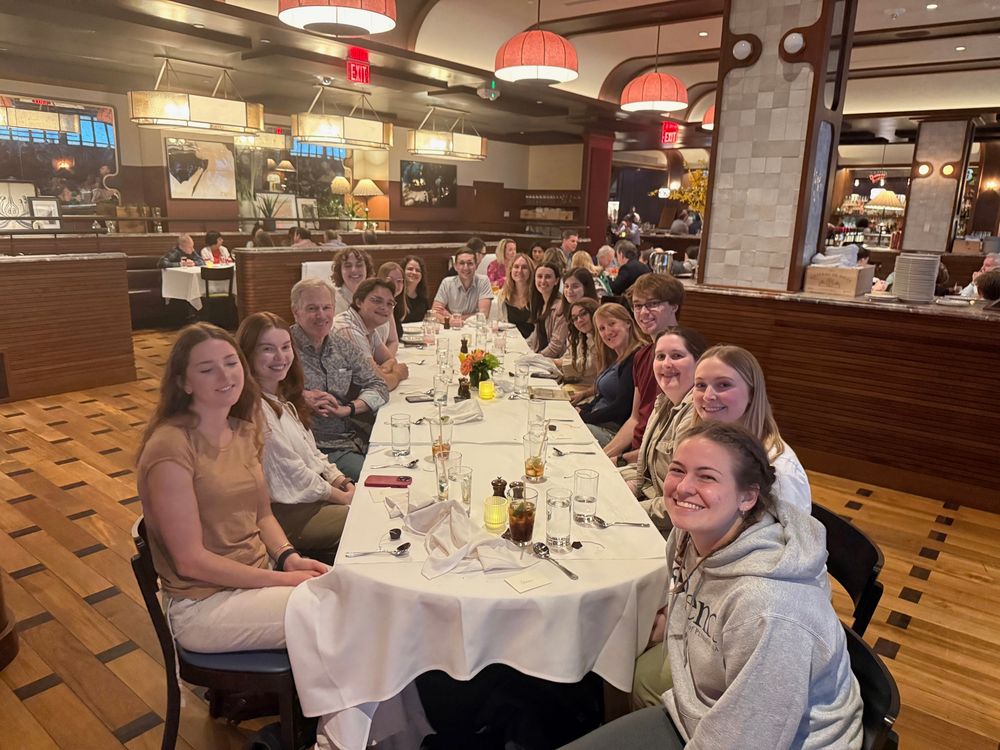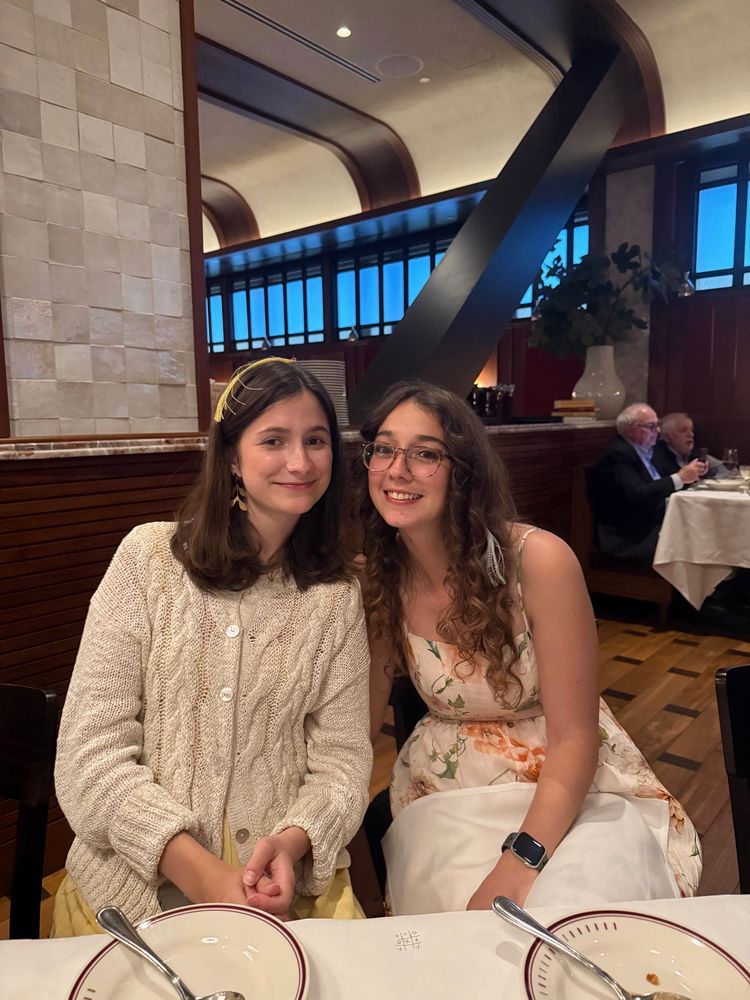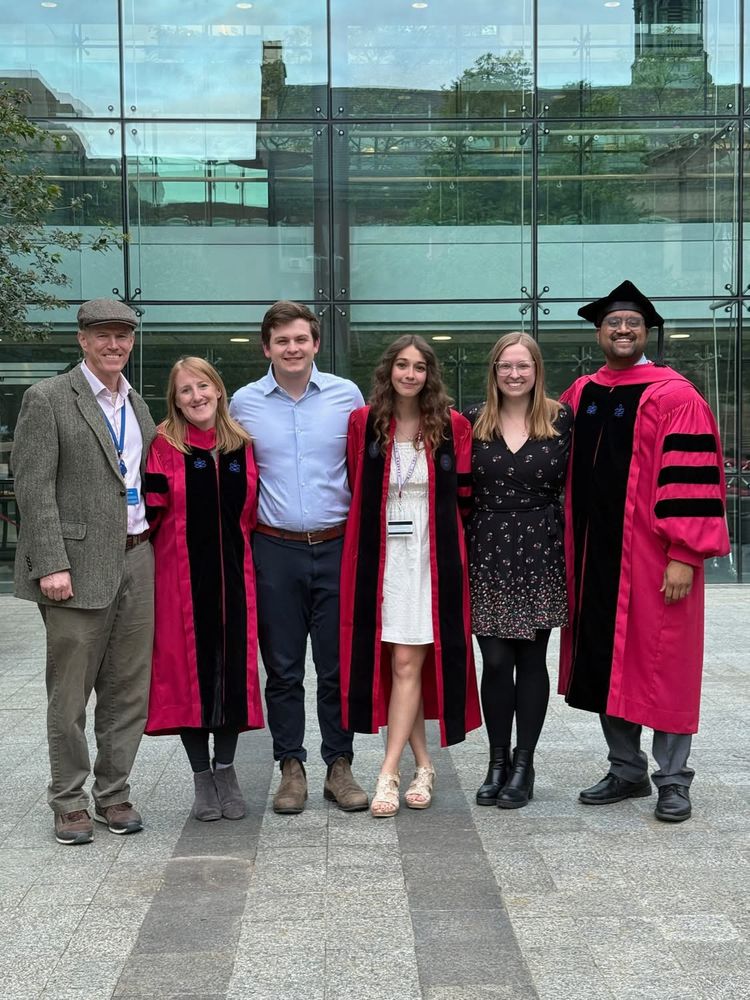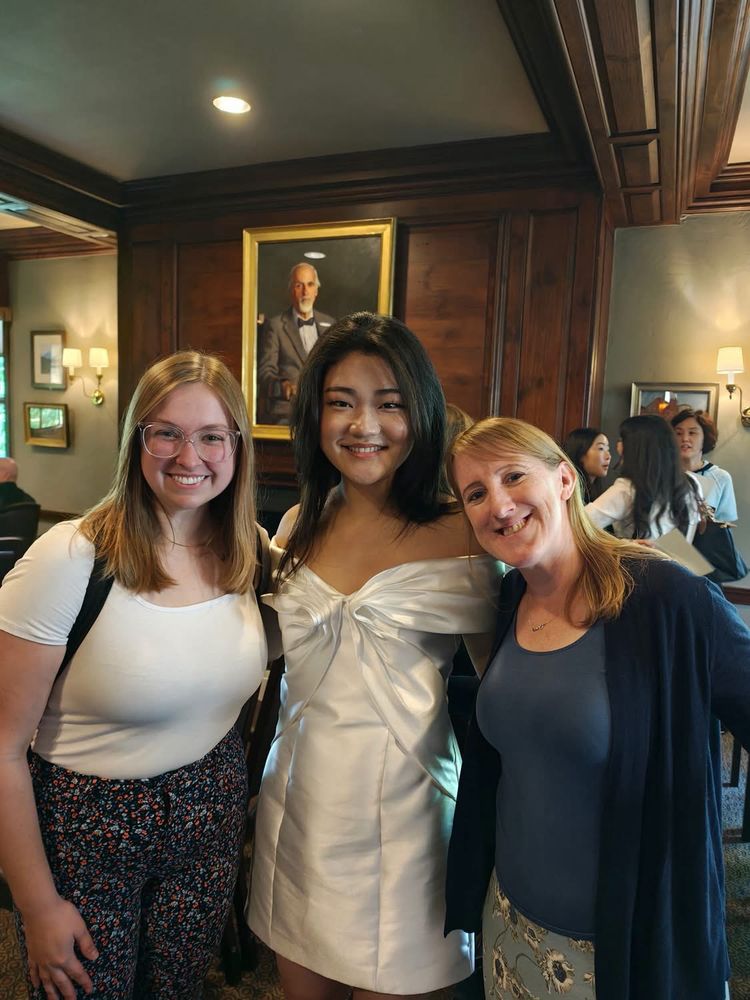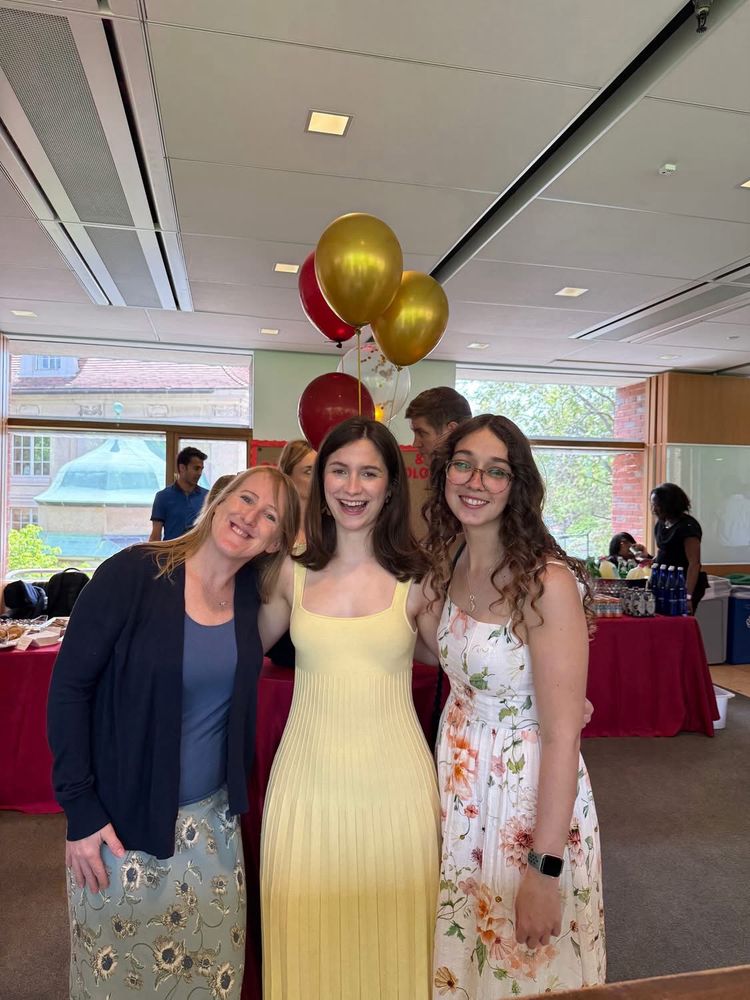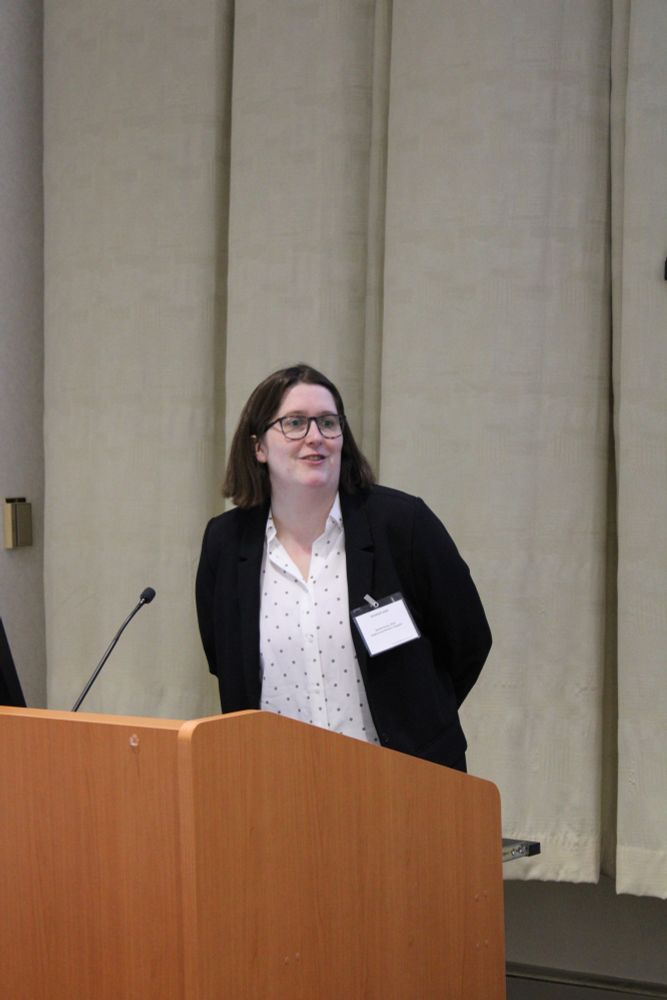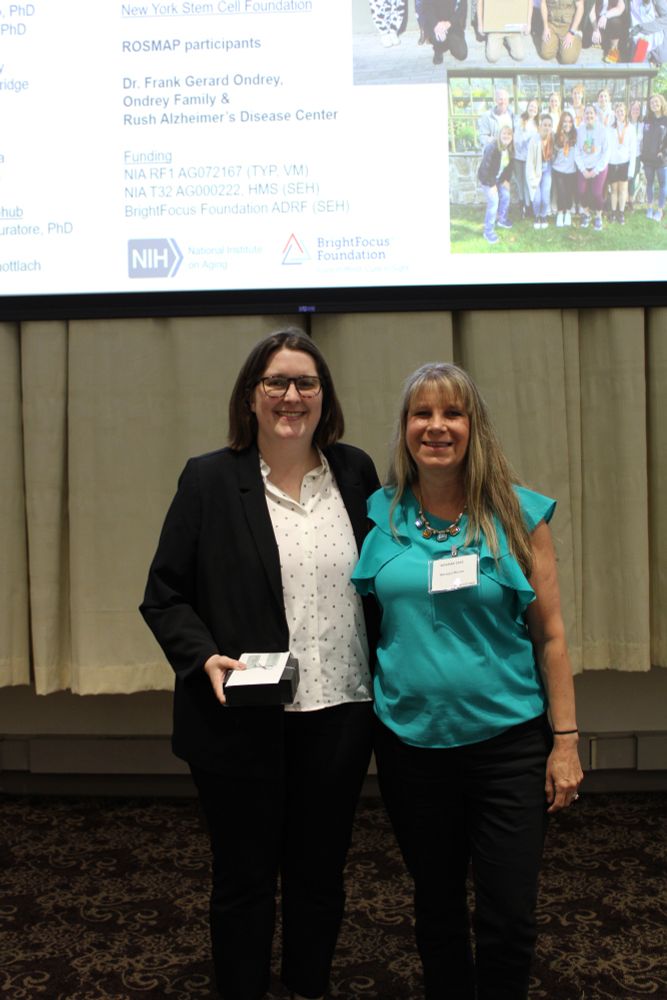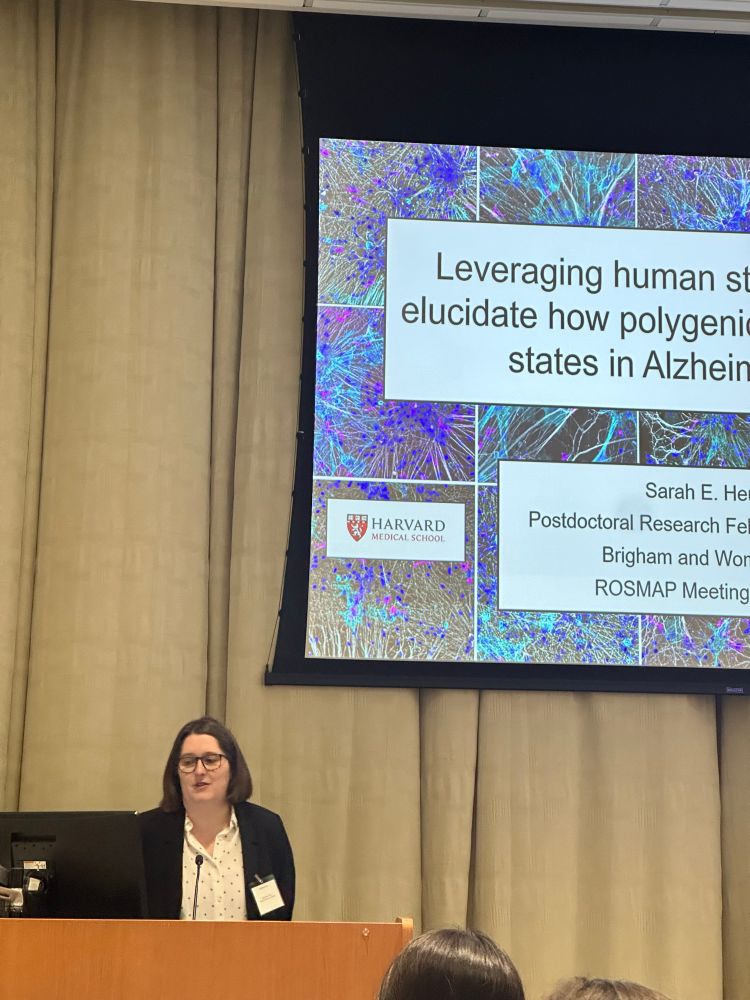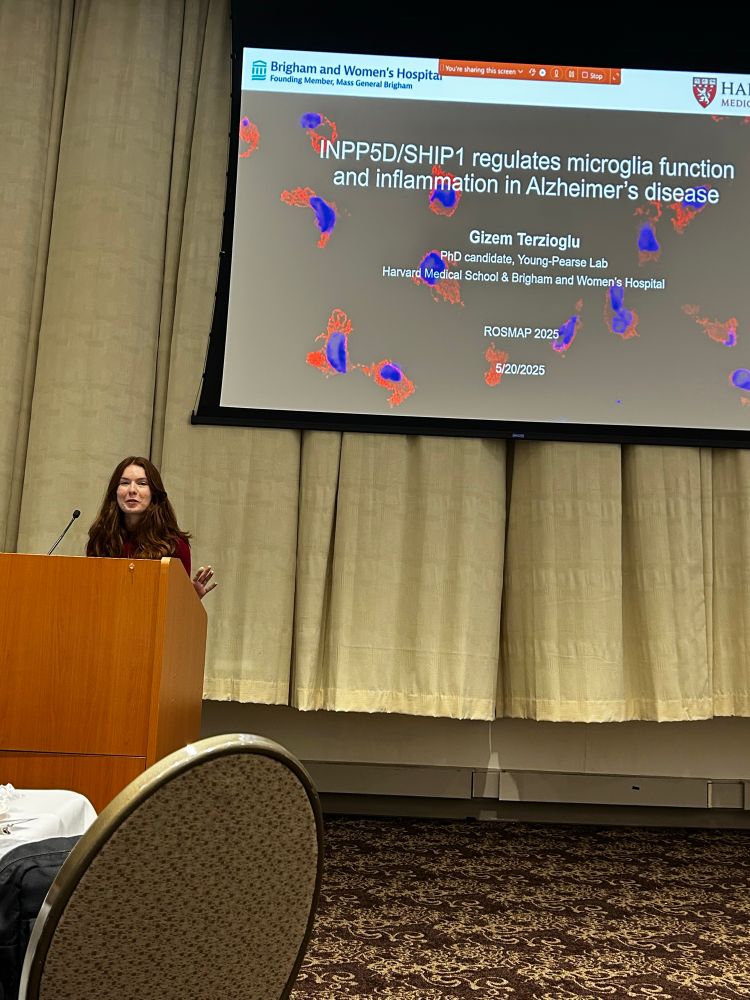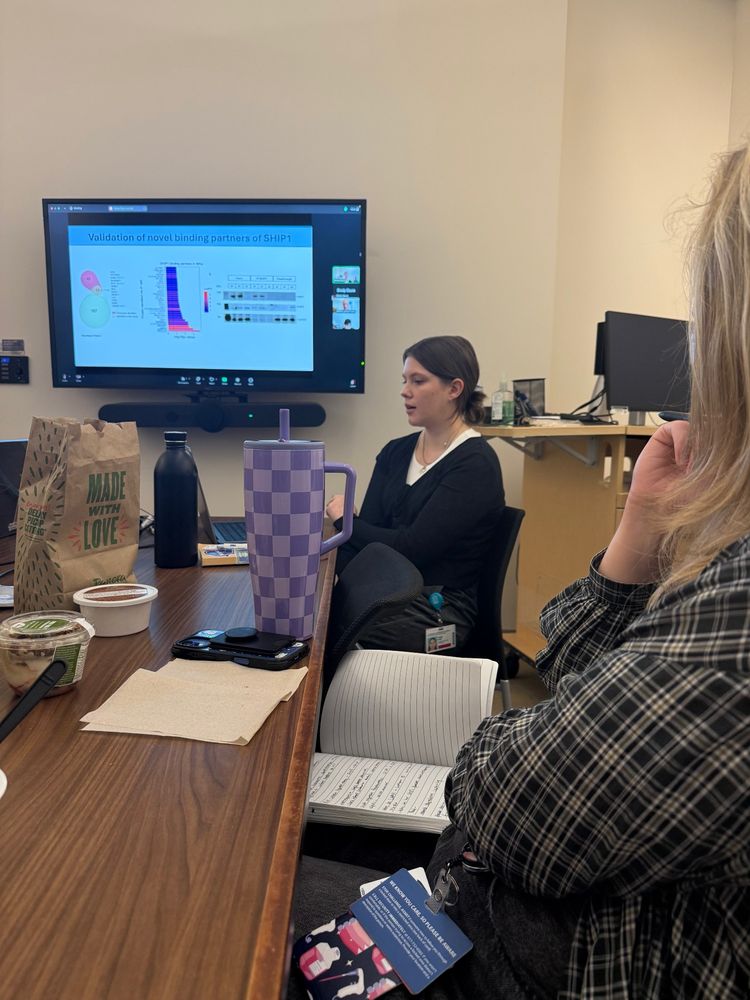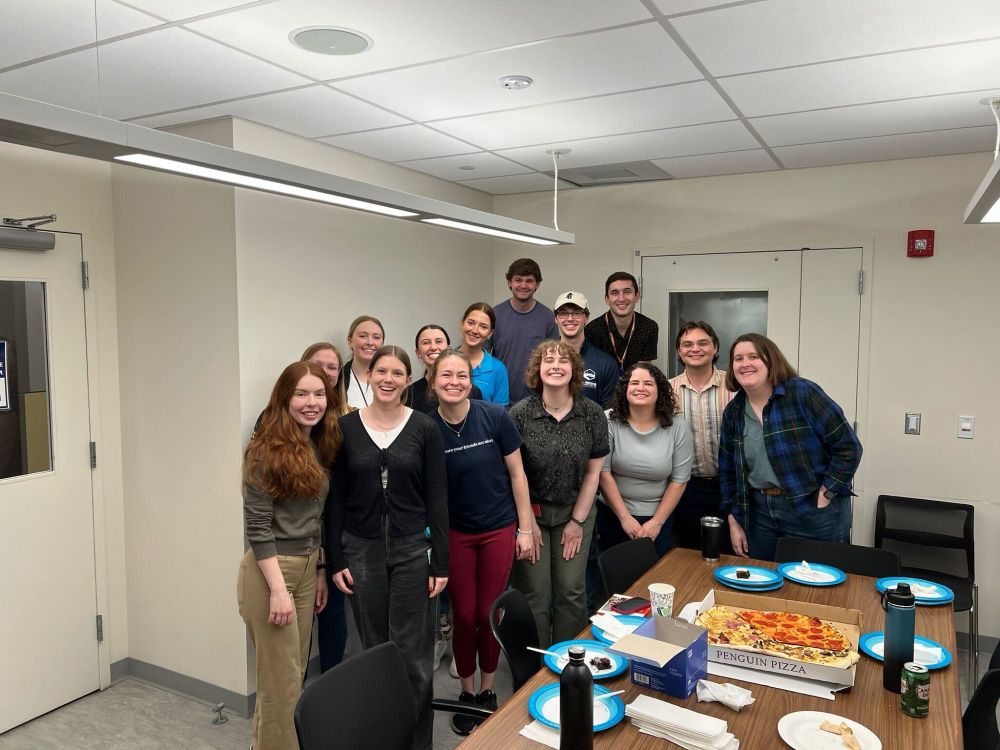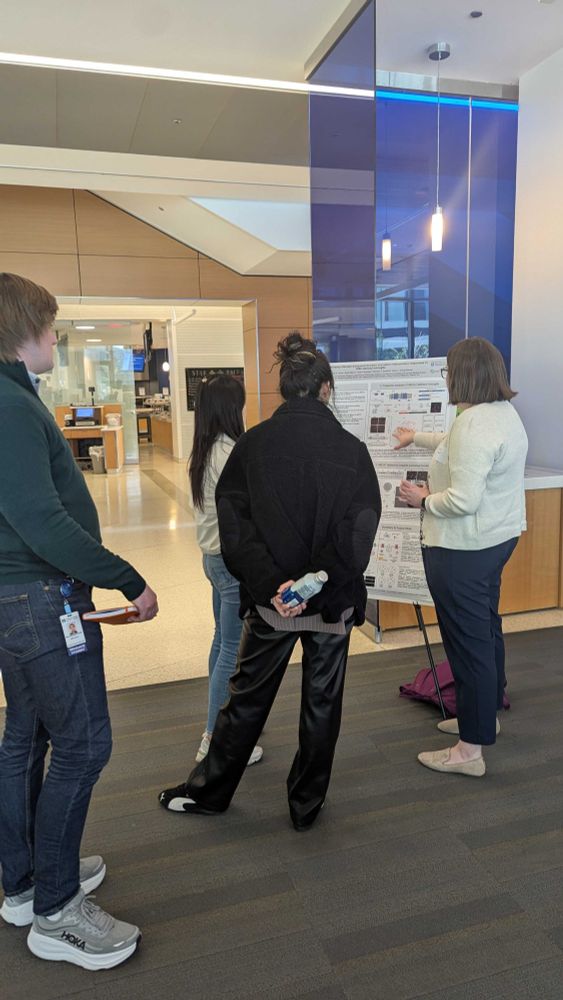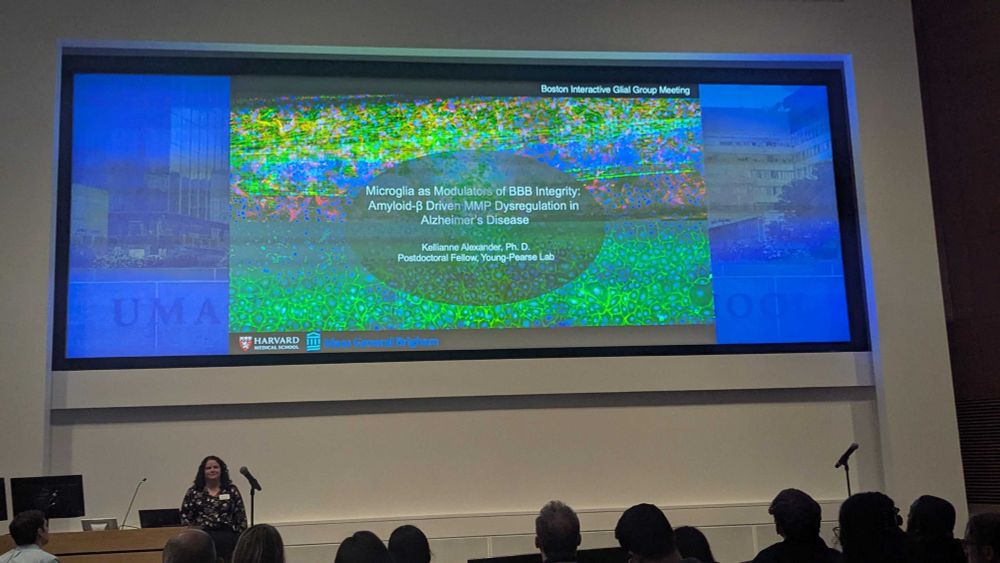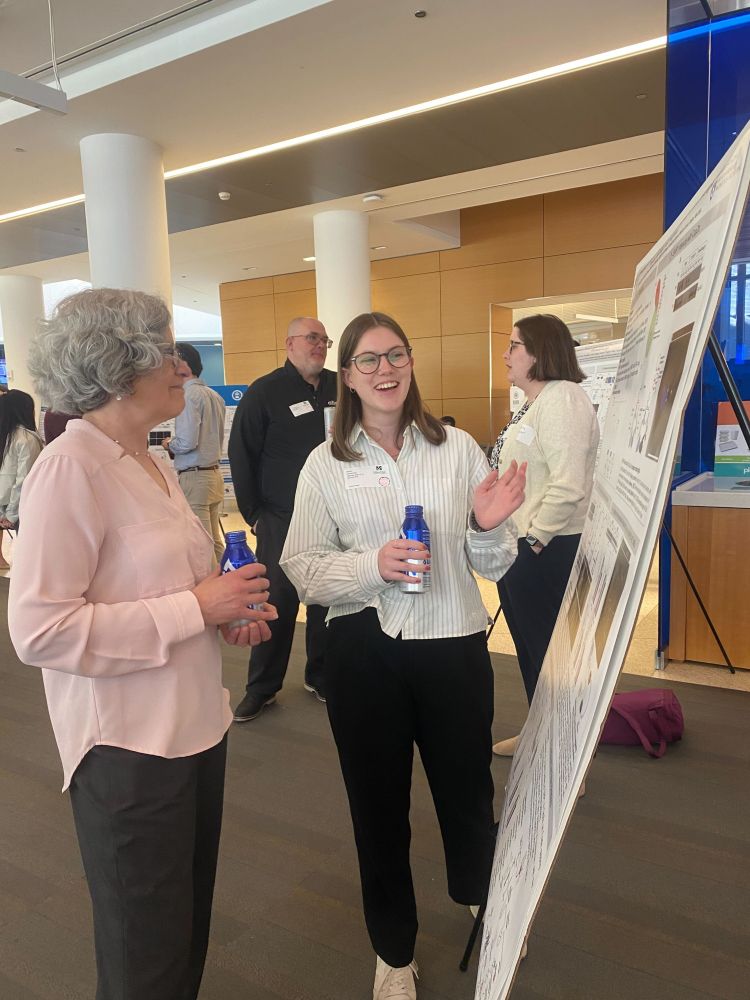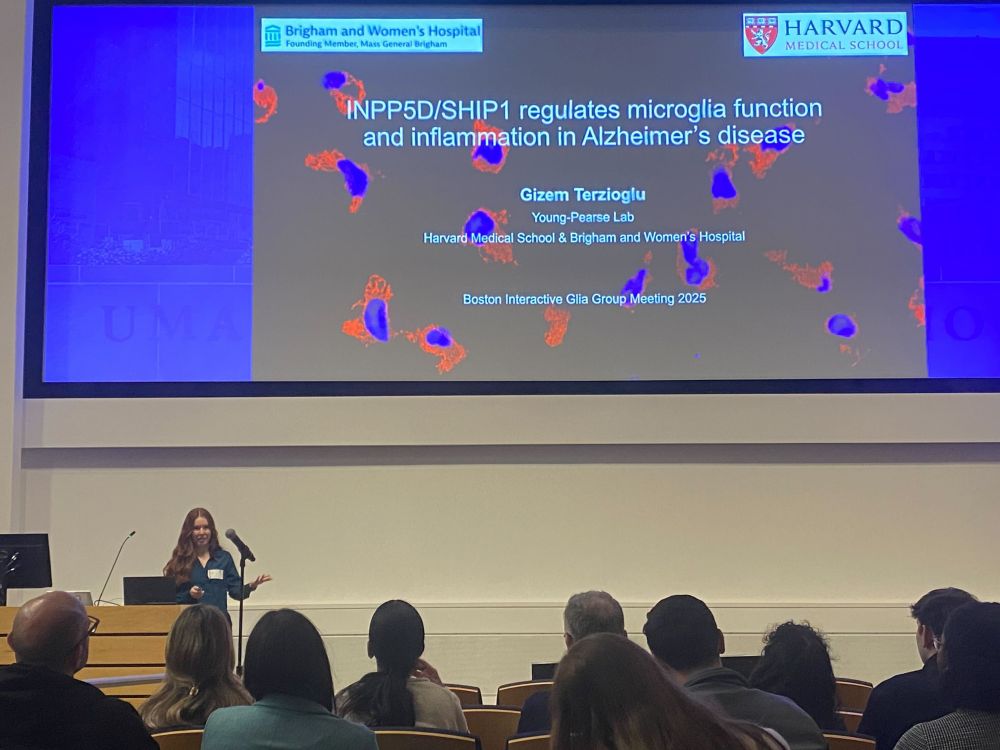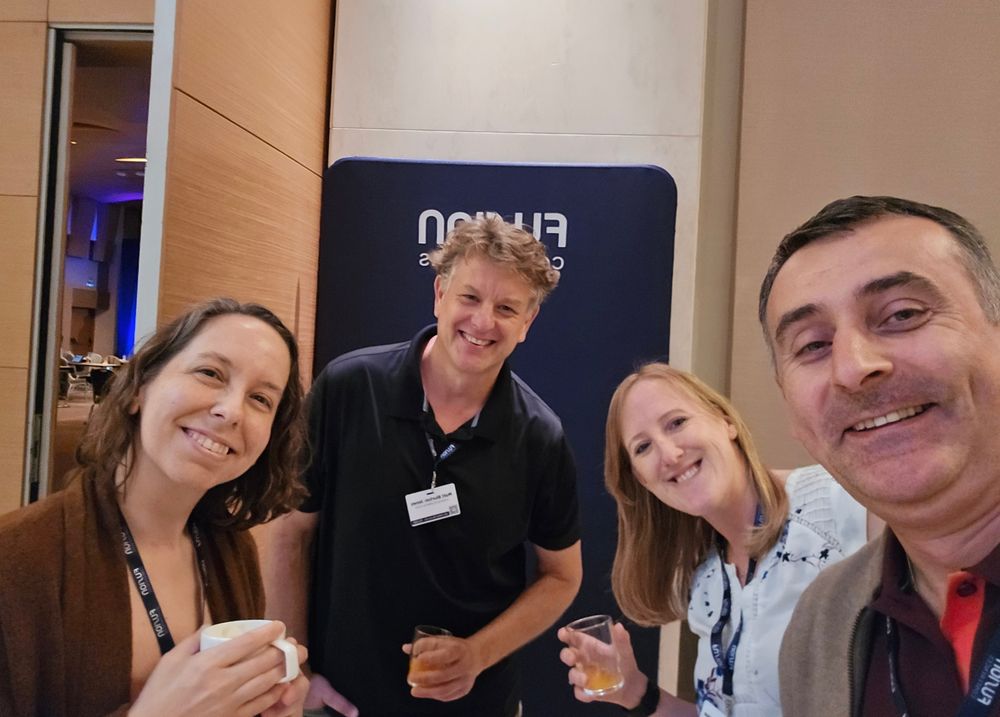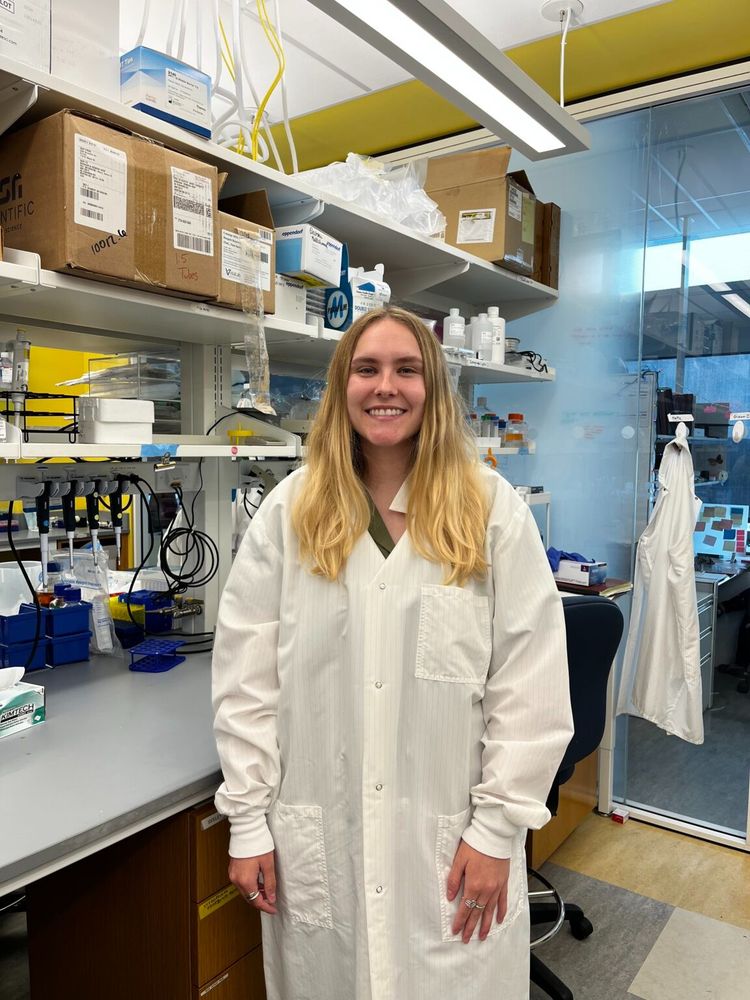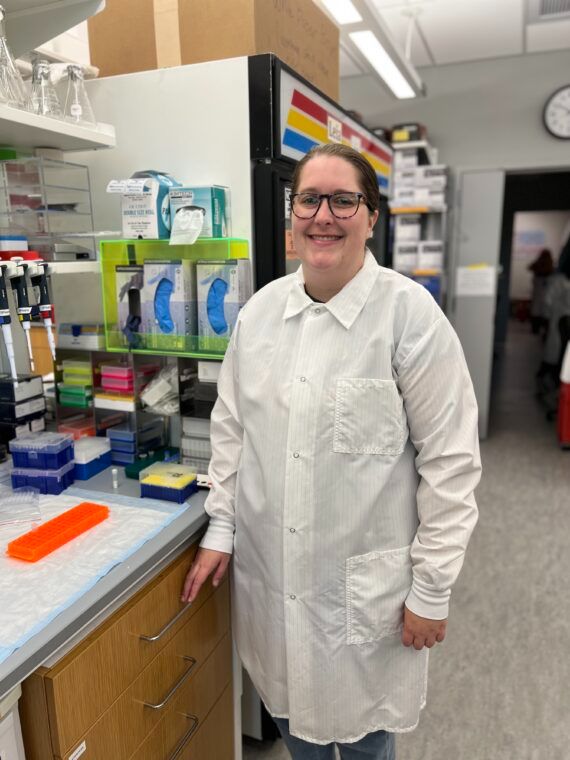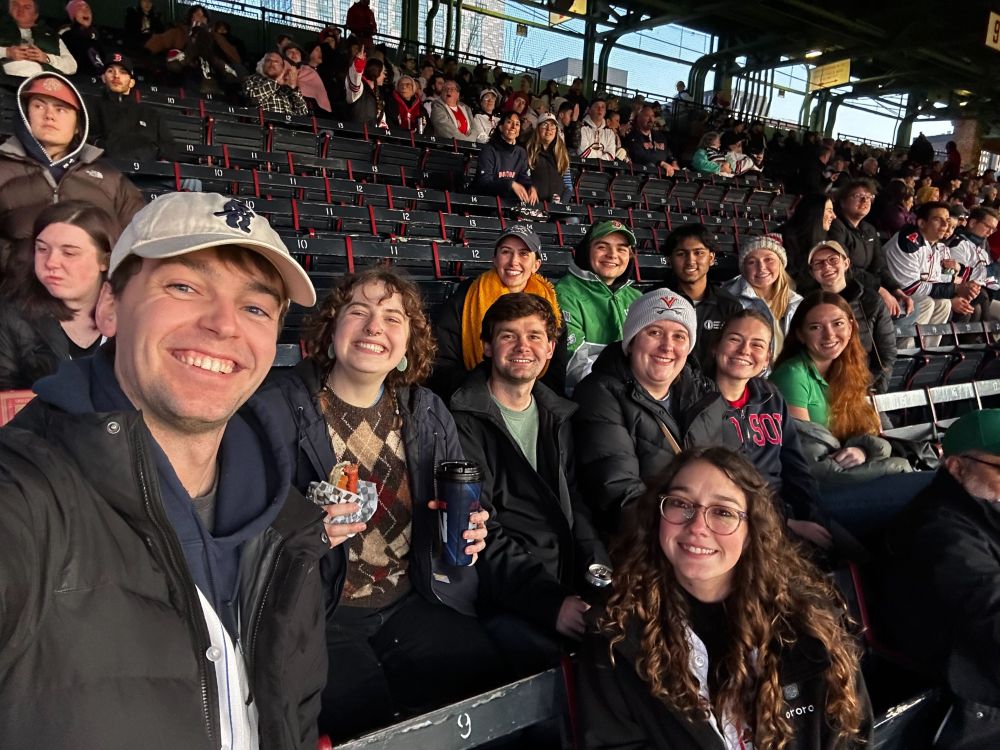Young-Pearse Lab
@typlab.bsky.social
380 followers
410 following
33 posts
The Young-Pearse lab focuses on the identification of the mechanistic causes of neurodegenerative and neurodevelopmental disorders. Account run by lab members.
Find us at: youngpearselab.bwh.harvard.edu
Posts
Media
Videos
Starter Packs
Young-Pearse Lab
@typlab.bsky.social
· Sep 8

Optineurin deficiency disrupts phosphorylated tau proteostasis and clusterin expression in human neurons - Acta Neuropathologica Communications
Optineurin (OPTN) is an autophagy adaptor protein involved in selective autophagy, including aggrephagy and mitophagy. Pathogenic mutations in OPTN have also been linked to amyotrophic lateral scleros...
link.springer.com
Young-Pearse Lab
@typlab.bsky.social
· Jul 31
Selina Wray
@selinawray.bsky.social
· Jul 29
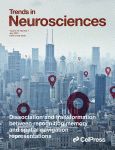
Reconstructing Alzheimer’s disease one cell type at a time using in vitro tricultures
In a recent study, Lish and colleagues used a fully human-based, induced pluripotent stem cell (iPSC)-derived triculture model of neurons, astrocytes,…
www.sciencedirect.com
Young-Pearse Lab
@typlab.bsky.social
· Jun 5
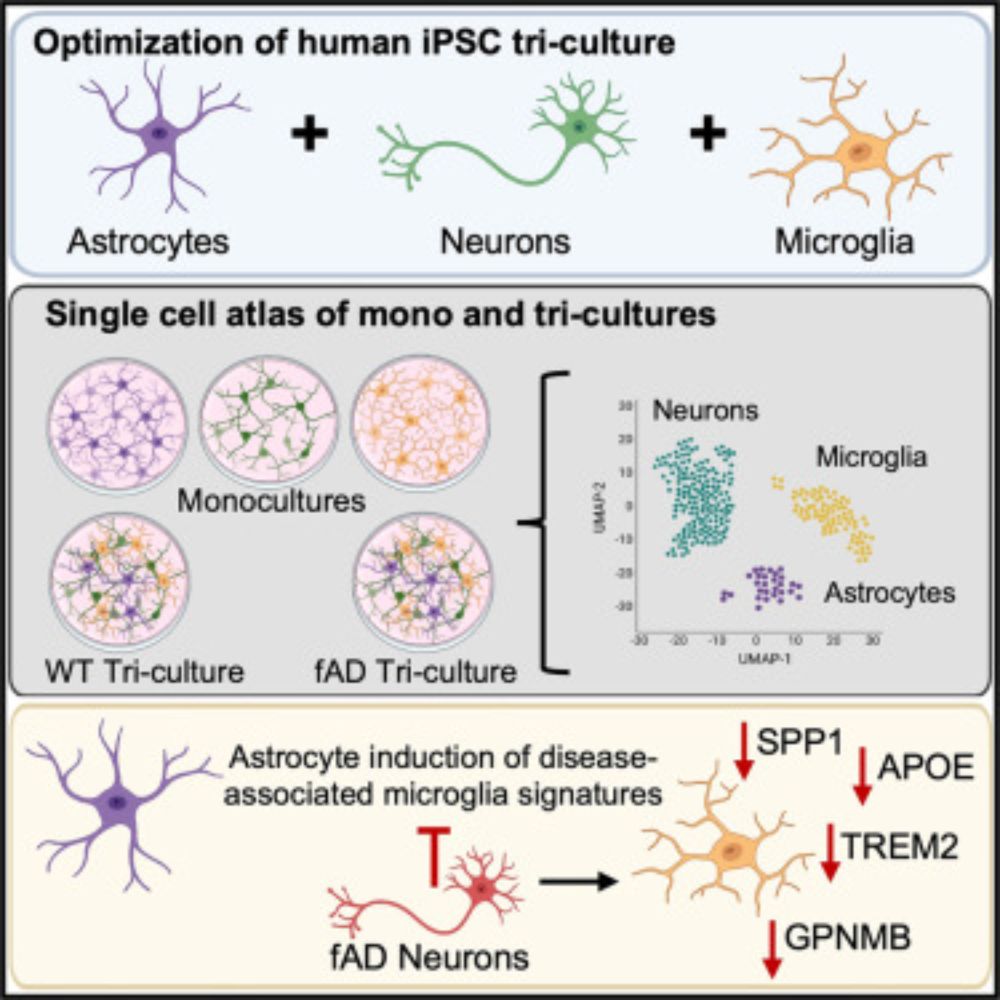
Astrocyte induction of disease-associated microglia is suppressed by acute exposure to fAD neurons in human iPSC triple cultures
Lish et al. present a co-culture system of iPSC-derived human microglia, astrocytes,
and neurons to investigate intercellular communication across different environmental
and genetic contexts. Transcr...
www.cell.com
Reposted by Young-Pearse Lab
Young-Pearse Lab
@typlab.bsky.social
· Apr 30
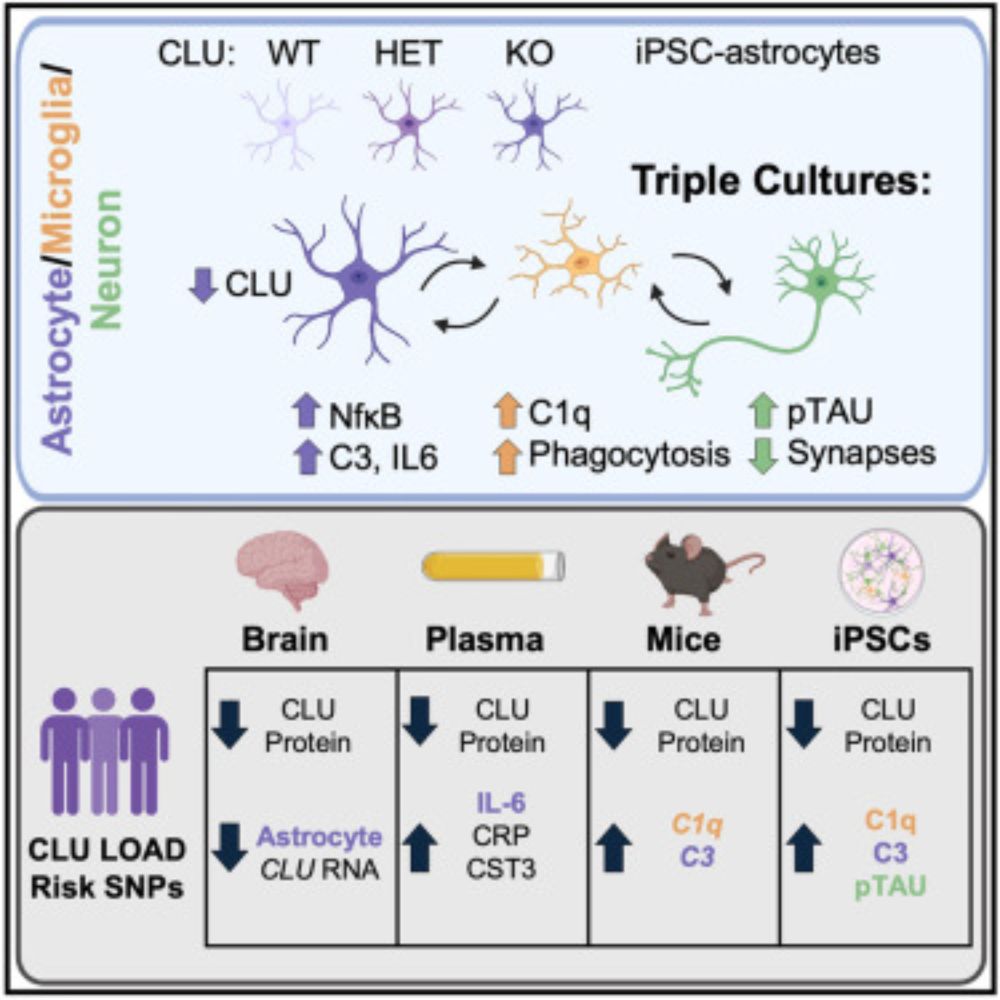
CLU alleviates Alzheimer’s disease-relevant processes by modulating astrocyte reactivity and microglia-dependent synaptic density
Lish et al. reveal that AD-protective CLU alleles enhance CLU upregulation in response
to accumulated neuropathology, thereby dampening inflammatory signaling between microglia
and astrocytes. Using s...
www.cell.com
